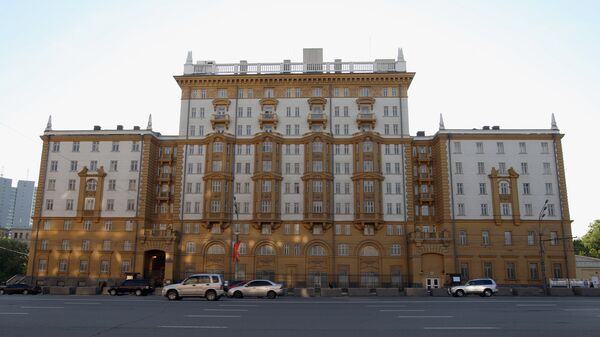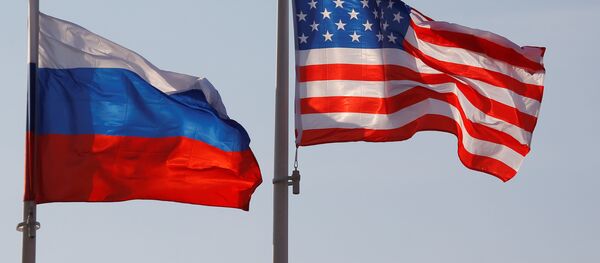On Monday, Vice President Mike Pence said Trump will soon sign into law the new legislation that enhances US sanctions against Russia. It passed by overwhelming majorities of 419 to 3 in the House of Representatives and by 98 to two in the Senate.
"It should not come as a surprise that Putin decided to retaliate in kind," Schirach, president of the Global Policy Institute and professor of international affairs at BAU International University in Washington, said. "Now, after Congress, by a huge margin in both houses, passed this law containing sanctions, Putin decided to get even, as he realized that these are ‘veto proof’ majorities. In other words, even if he wanted to, President Trump could not block this legislation."
These measures revealed Washington and Moscow were already caught in a no-win cycle of escalating retaliatory measures on both sides.
"Will this huge cut affect Washington's ability to engage Russia in a meaningful way? Probably yes, even though it is not clear at this time which sectors of the bilateral relationship will be mostly affected by these significant cuts," he concluded.
Any hopes of improving US ties with Russia would have to wait until Trump was free of the probe by former Federal Bureau of Investigation (FBI) Director Robert Mueller into the president’s alleged collusion with Moscow during the 2016 presidential election campaign, Schirach acknowledged.
"Open lines of communication are a good way to prevent fatal errors. And both sides need competent diplomats in each other's capitals to keep those lines open," he recommended.
The White House is looking into options to respond to Russia’s decision to expel US diplomats, White House Press Secretary Sarah Sanders said during a press briefing on Monday.



